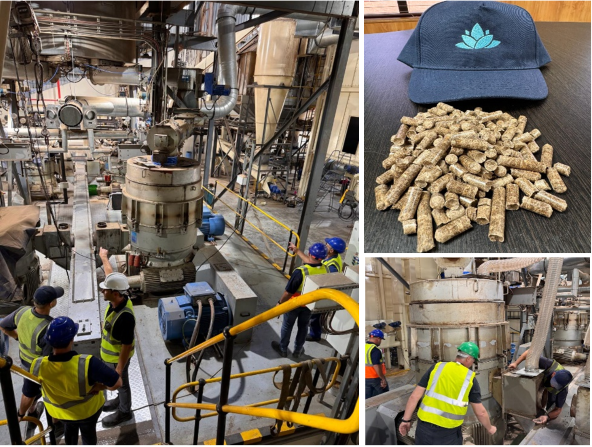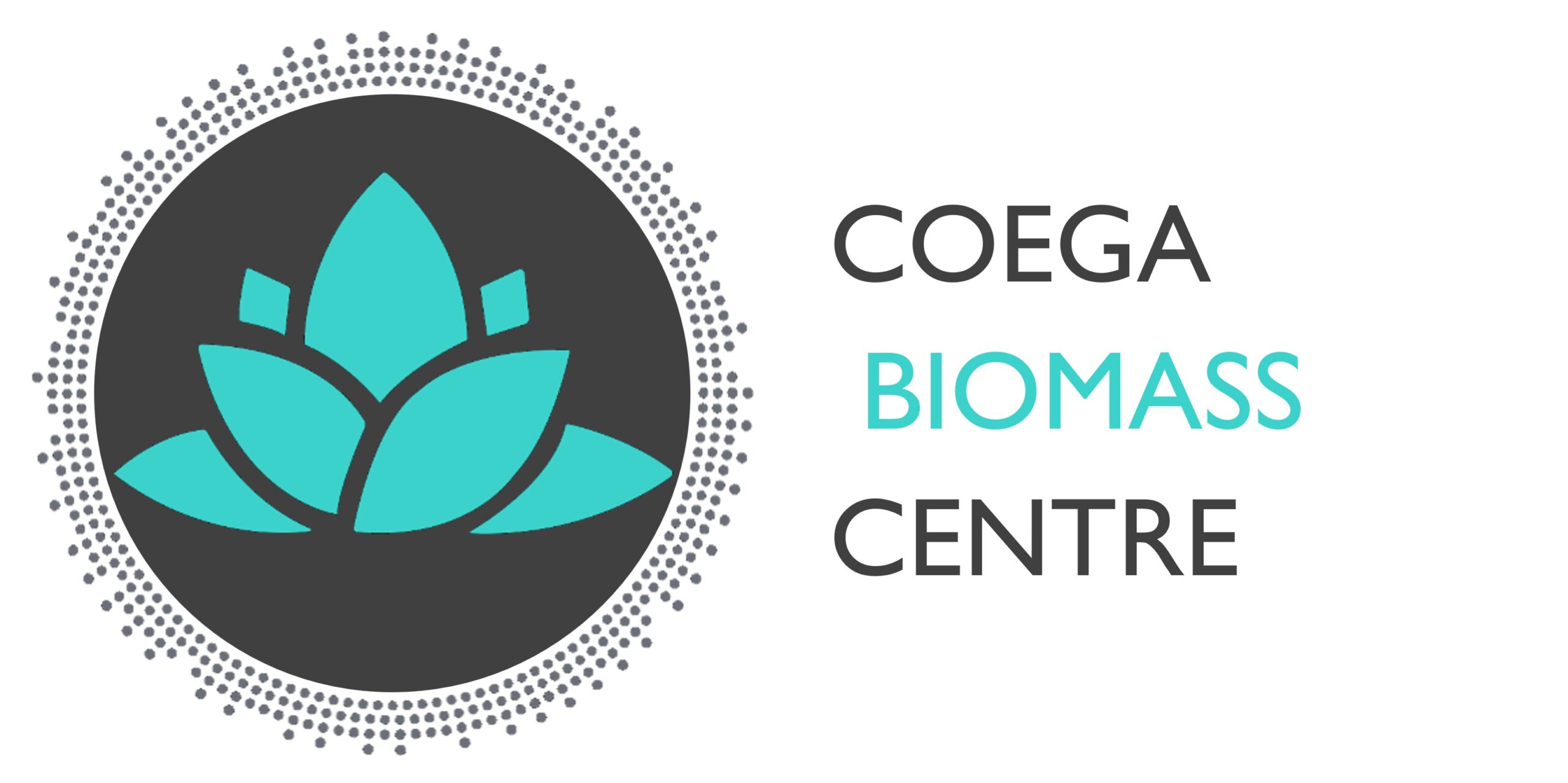First pellets produced at Coega Biomass Centre

After an intensive process of refurbishment, the pellet factory in South Africa’s Port Elizabeth reached a milestone. The first pellets were produced from locally sourced alien invasive trees. This marks the first step towards a production capacity of about 120,000 tonnes per year.
The successful production of pellets represents another major breakthrough for Coega Biomass Centre. The factory, which has been closed for years, had to be thoroughly refurbished after its acquisition by Partners for Innovation, iLive and FincoEnergies. The previous milestone entailed the commissioning of the woodchipping section of the plant. This led to a first sale of woodchips; a shipment of 10,000 tonnes of woodchips to a client in Europe in September 2023.
The coming period will be dominated by further fine tuning and scaling up of pellet production. The goal is to have a stable production capacity of minimum 5,000 tonnes per month by the end of this year, thereafter ramping up to 10,000 tonnes per month.
Sustainability guaranteed
Removing and preventing regrowth of Alien Invasive Plants (AIPs) has huge positive impacts. AIPs pose a direct threat, to South Africa’s biological diversity but also to water security, the ecological functioning of natural systems and the productive use of land. They intensify the impact of fires on the landscape and increase the soil erosion potential. AIPs can divert enormous amounts of water from more productive uses.
When fully operational, the plant will provide over 50 direct jobs and another 250 indirect jobs throughout the value chain, such as surveying, training, harvesting, collection, transportation and processing of feedstock inputs. A real boon to the local region that suffers from high unemployment levels. The pellets comply with the European RED II and EUTR regulations and are 100% FSC and SBP certified.
Coega Biomass Centre has a capacity to produce 120,000 tonness of wood pellets per year. This will lead to a reduction of approximately 180,000-200,000 tons of CO₂ emissions. For more information, please contact Emiel Hanekamp
